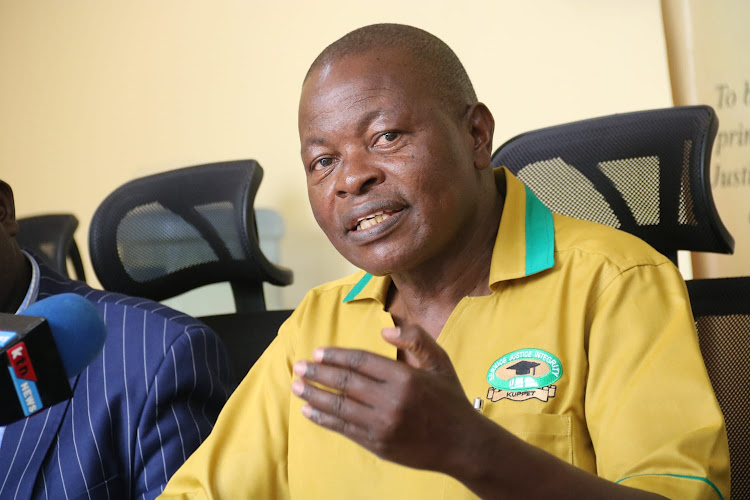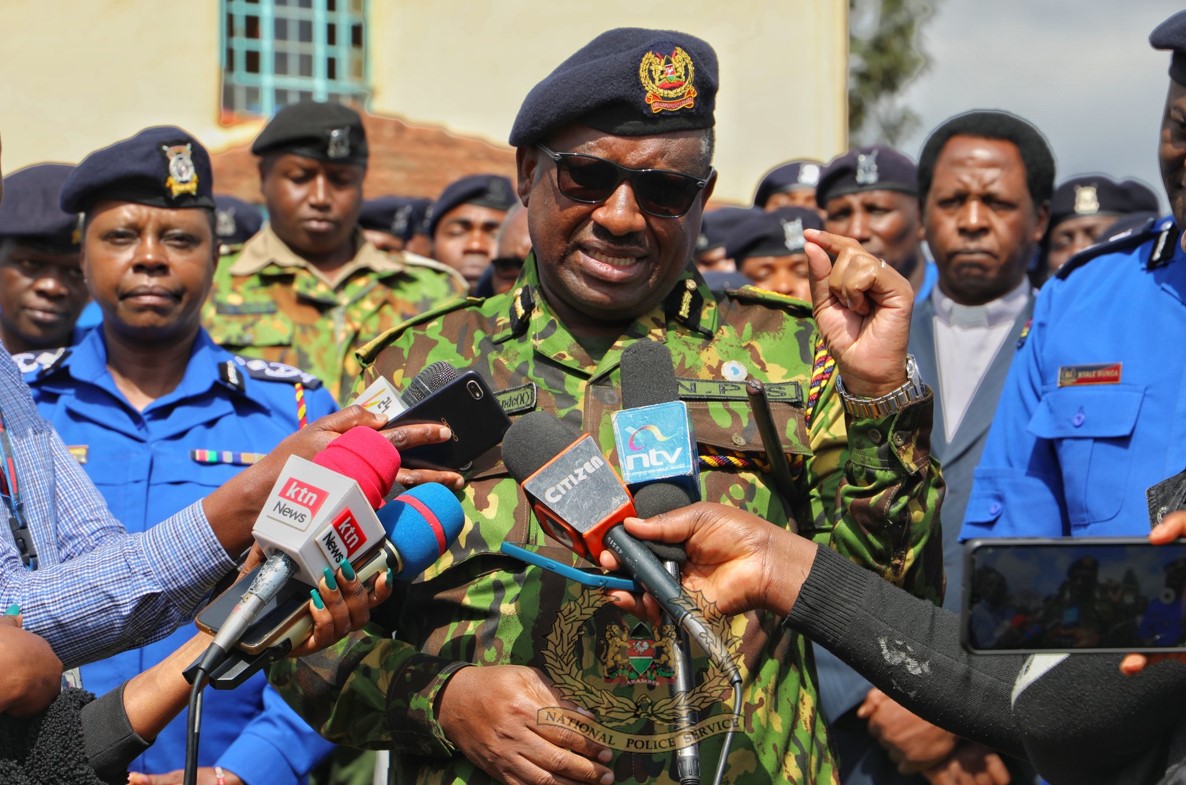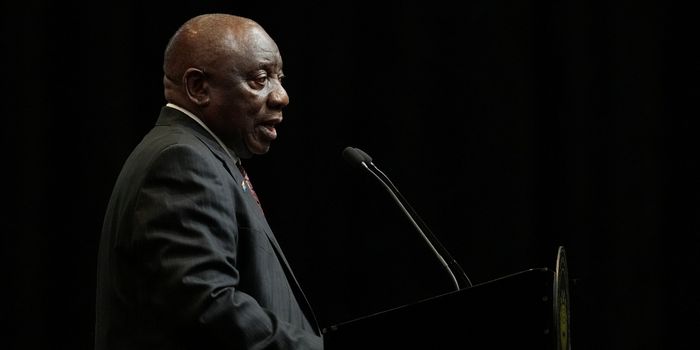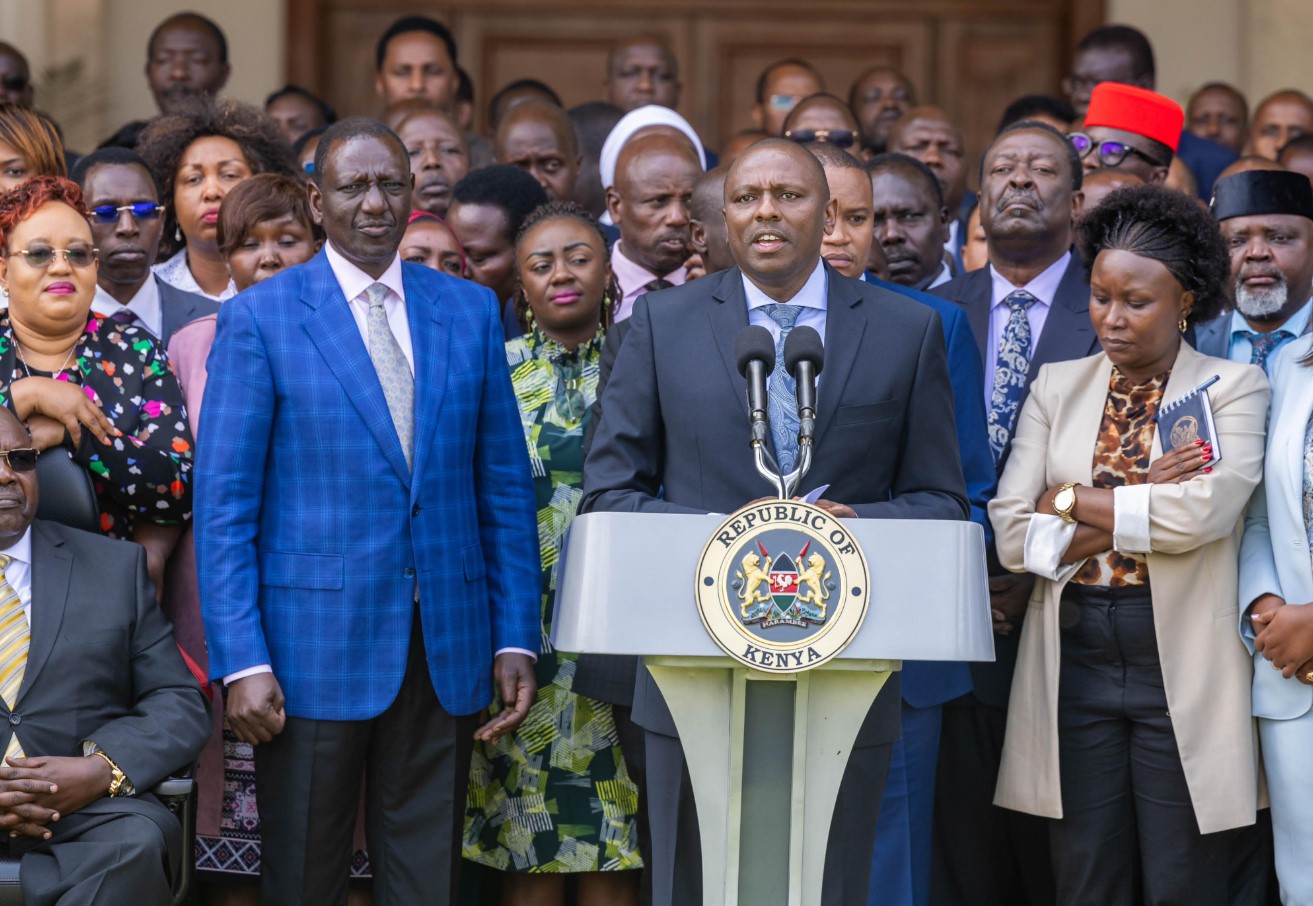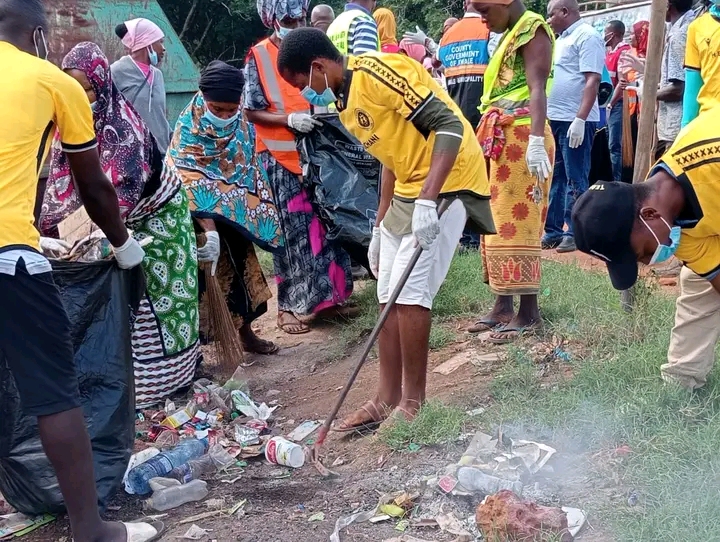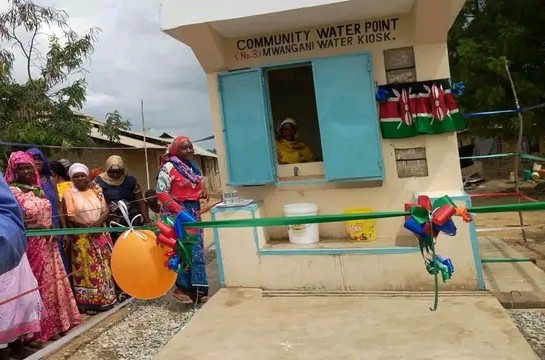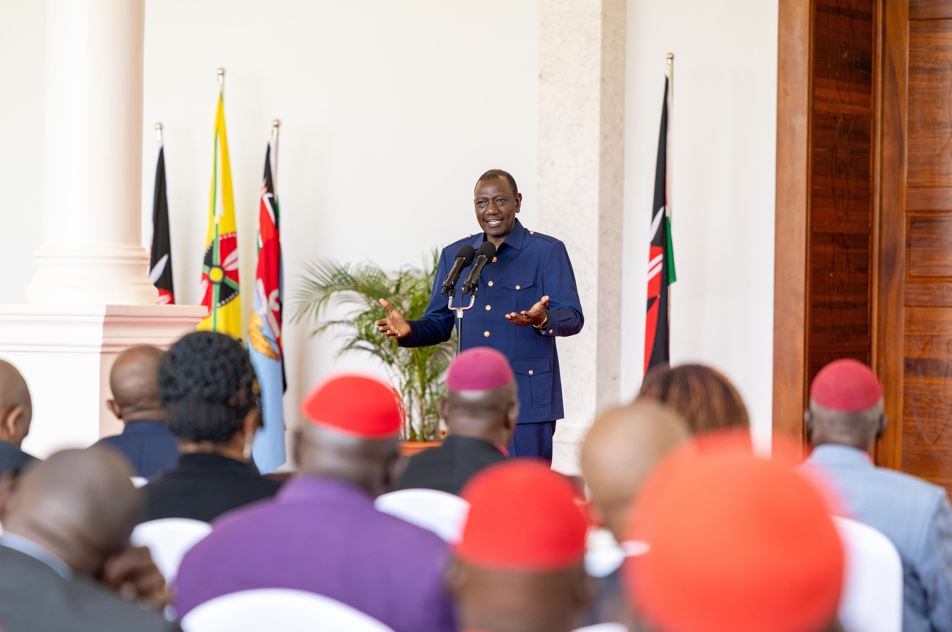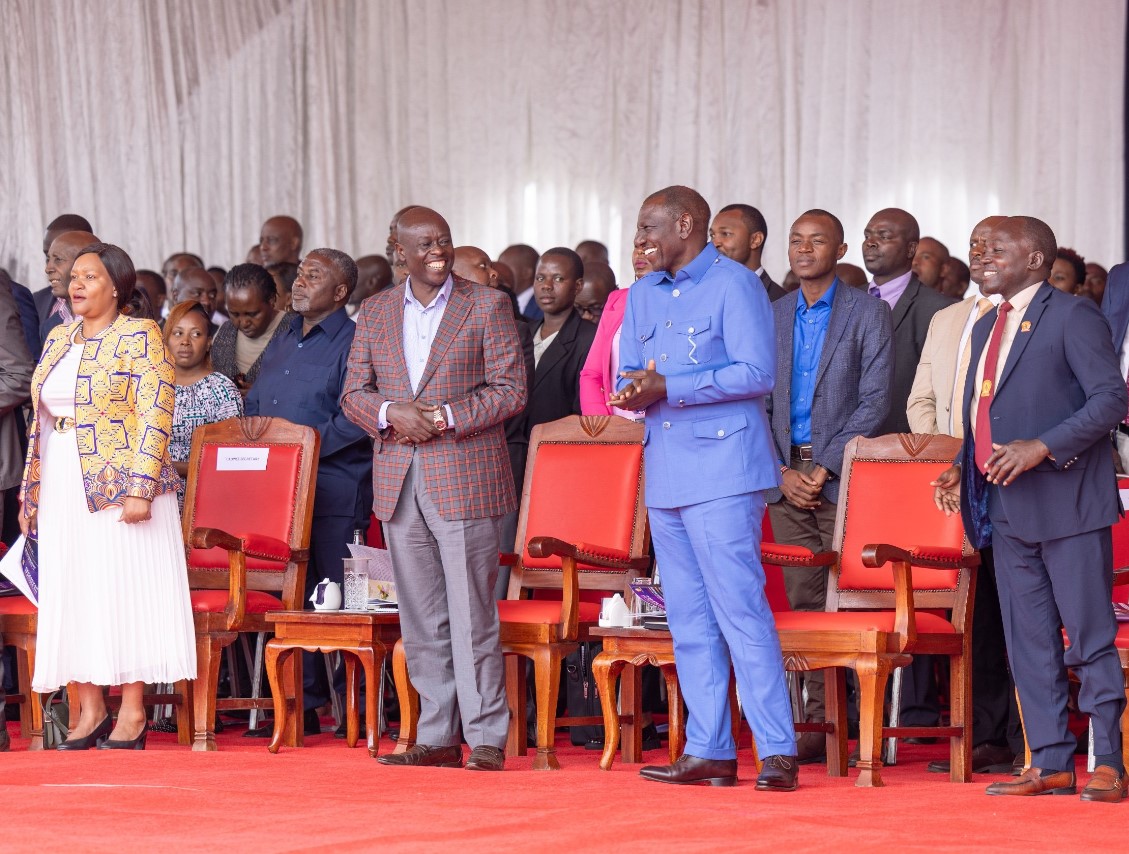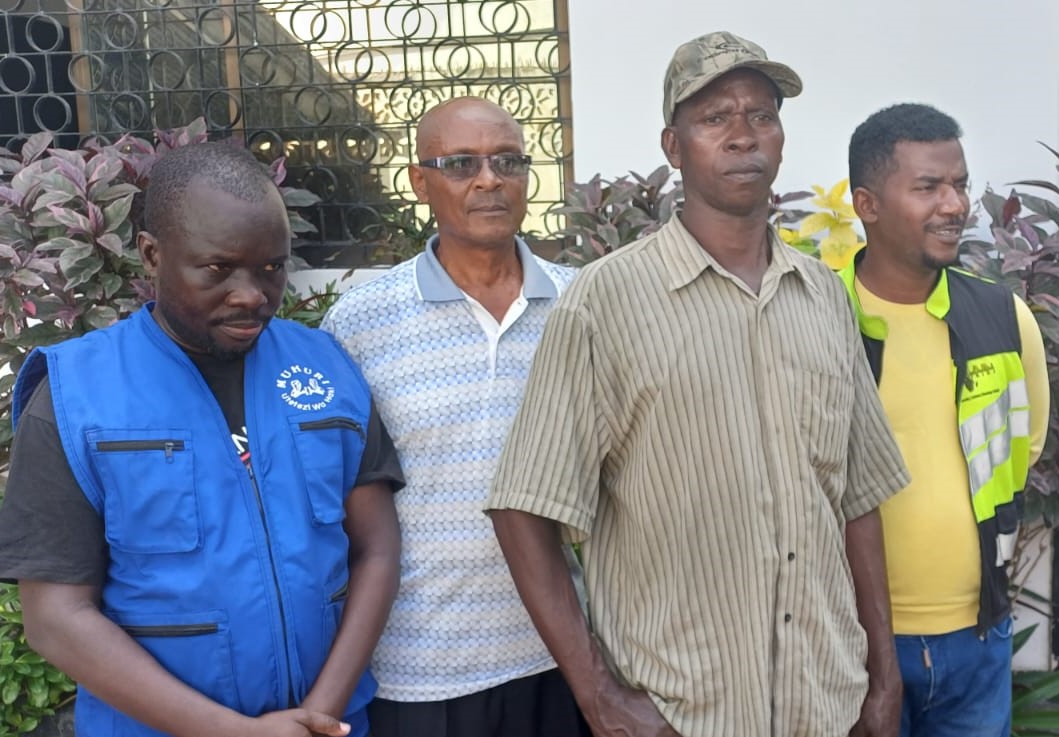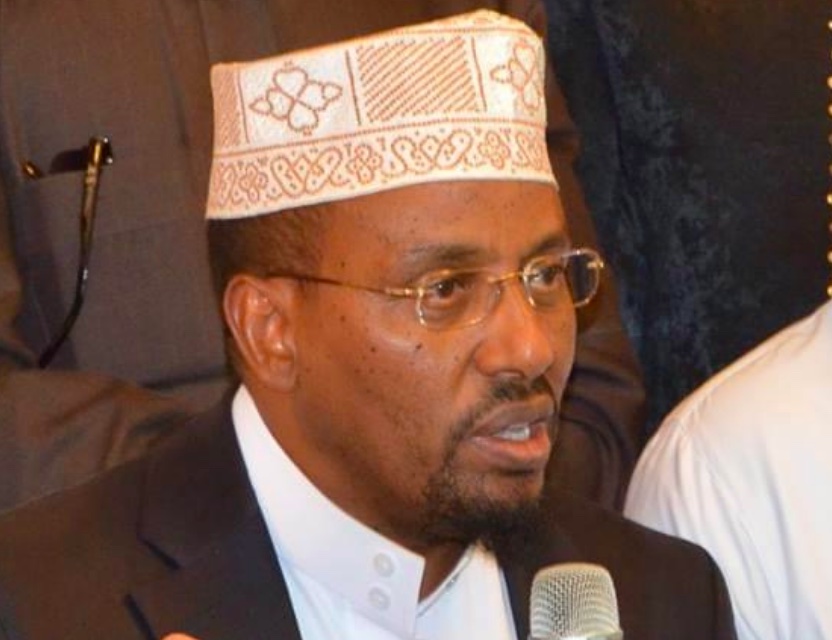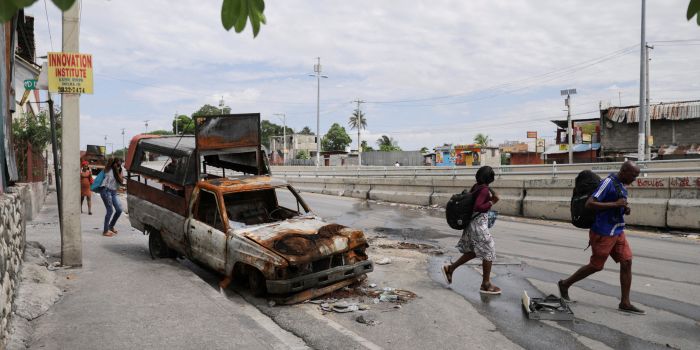Kenya, Tanzania receive billions in aid, report shows amid rising debt concerns

By Bashir Mohammed |
In 2022, 10 African countries, including Kenya, Tanzania, Uganda, and the DRC, accounted for nearly half of the continent's ODA. This significant influx of funds, though crucial, highlights a concerning dependence on external financial support.
Kenya and Tanzania have emerged as two of the largest recipients of aid money in Africa, a position that underscores their reliance on donor funds to finance their governmental expenses.
According to a new report by the Mo Ibrahim Foundation, these countries, along with Uganda and the Democratic Republic of Congo (DRC), received substantial amounts of Official Development Assistance (ODA) in 2022, totalling between $2 billion and $8 billion each.
Keep reading
In 2022, 10 African countries, including Kenya, Tanzania, Uganda, and the DRC, accounted for nearly half of the continent's ODA. This significant influx of funds, though crucial, highlights a concerning dependence on external financial support.
The report states, "Between 2013 and 2022, Africa received the largest amount of ODA of any world region in every year other than 2018. However, the total ODA received by Africa fell from $86.4 billion in 2020 to $81.4 billion in 2022."
Despite the reliance on these funds, there is a growing concern about the sustainability and long-term impact of such aid. In the region, the DRC received $3.4 billion, Kenya $3.3 billion, Tanzania $3 billion, and Uganda $2.4 billion in ODA in 2022.
Interestingly, these amounts are nearly equivalent to the funds these countries aim to generate through additional taxes amid efforts to manage soaring debt levels and fiscal consolidation.
Noteworthy is that these nations, which are among the wealthiest in Africa, cumulatively account for about 45 per cent of the continent's gross domestic product (GDP). This paradox of being both rich and aid-dependent raises questions about the efficacy and future of such financial assistance.
ODA is a critical financial lifeline for African countries but it often comes with stringent conditions that can lead to unpopular economic decisions.
For instance, concessional loans and donations from institutions like the International Monetary Fund (IMF) and the World Bank frequently require economic reforms.
These reforms typically focus on fiscal consolidation and boosting tax revenues, measures that can be politically sensitive and socially unpopular.
"Many countries encounter difficulties in effectively absorbing ODA funds due to various political and administrative shortcomings in managing investment projects," the report states. This difficulty is evident in the high percentage of unutilised aid money, which ranges from 10 per cent to 70 per cent across different nations.
In 2022, the OECD noted that donor countries retained 14.4 per cent of aid worth over $193 billion, which was intended for distribution but not delivered. Additionally, approximately $30 billion was returned to donor countries due to mislabelling of what counts as aid.
The Mo Ibrahim Foundation report also highlights the specific conditions imposed by major donors. The United States and the European Union, for instance, tie their aid to political pluralism, market-based economies, and, in some cases, migration policies.
These conditions, while aiming to promote good governance and economic stability, can limit the flexibility and sovereignty of recipient countries.
The impact of ODA on African economies is a subject of debate. According to the African Development Bank (AfDB), ODA needs to effectively address the challenge of lifting African economies out of debt. Instead, it has sometimes exacerbated fiscal challenges.
"ODA appears to be positively and significantly associated with the increase in budget deficits and public debt," the AfDB noted in its Africa Economic Outlook report.
This phenomenon, often referred to as the aid curse, suggests that despite the substantial financial inflows, the intended economic benefits are not fully realised.





